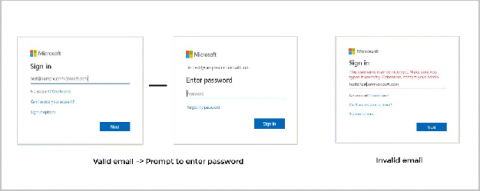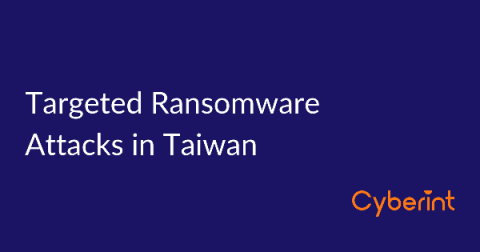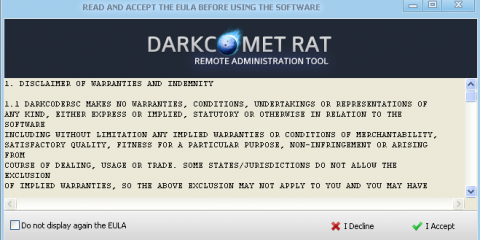What is LNKR Google Chrome Extension Malware?
LNKR malware uses browser extensions in Googles Chrome to track browsing movements and activities of users and then overlays ads on legitimate websites. Using extensions to add code that executes in a user’s browser is a common and lucrative monetization technique on the internet, where spyware, adware, and other browser-based nuisances have thrived since the early days.









